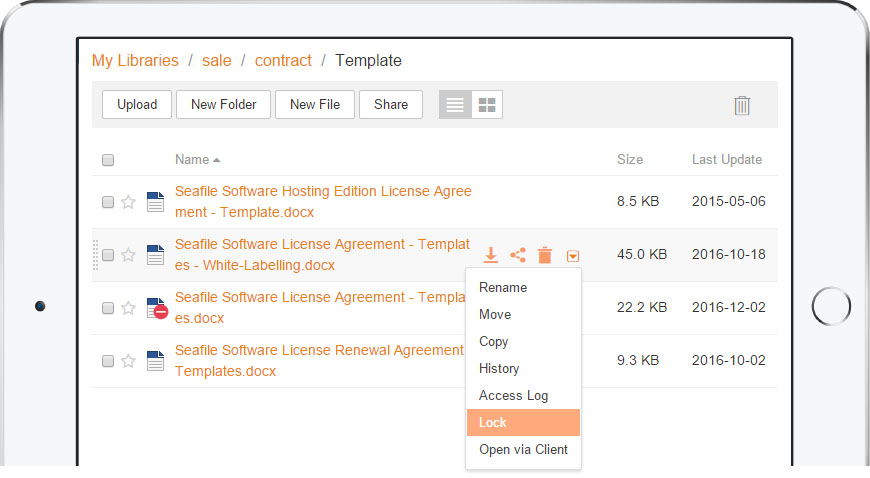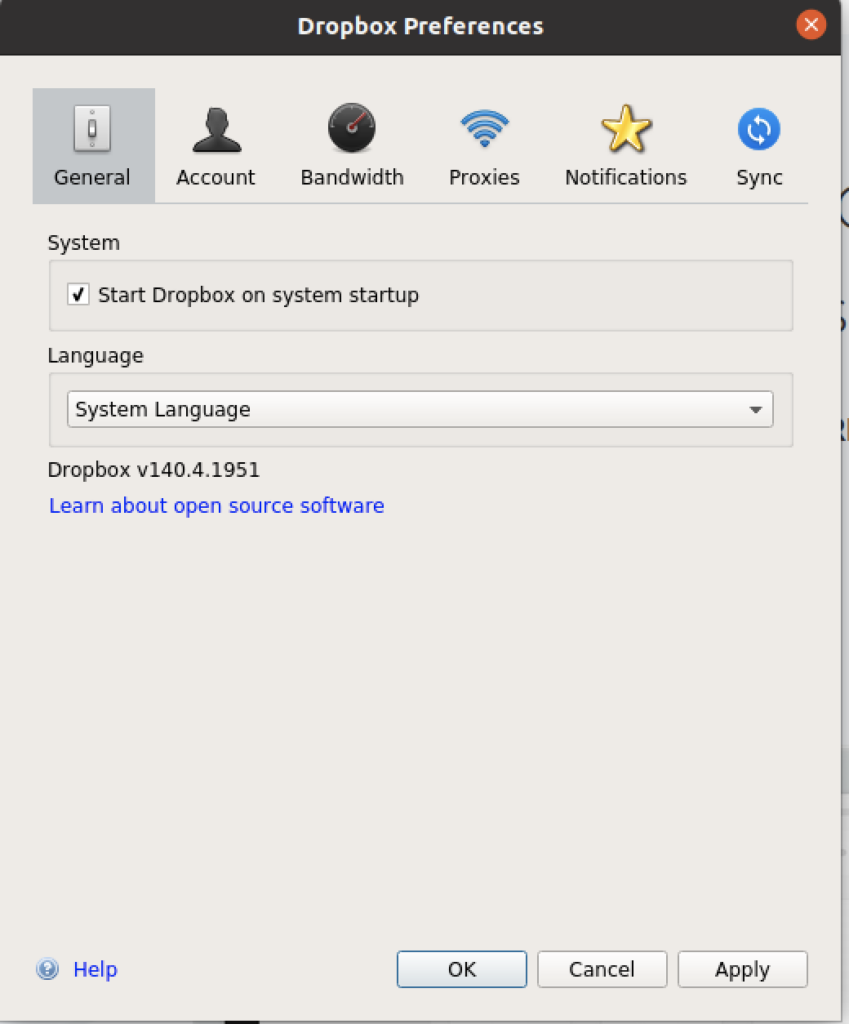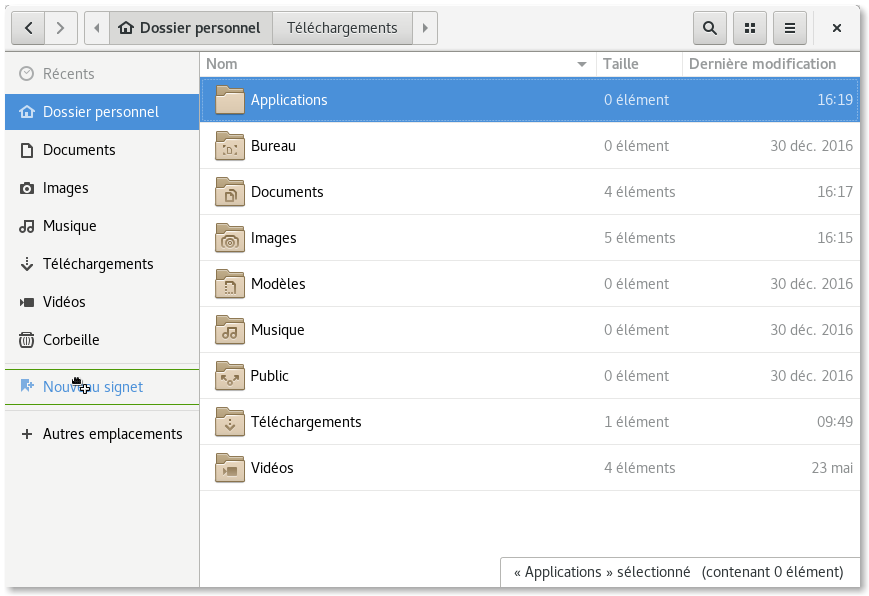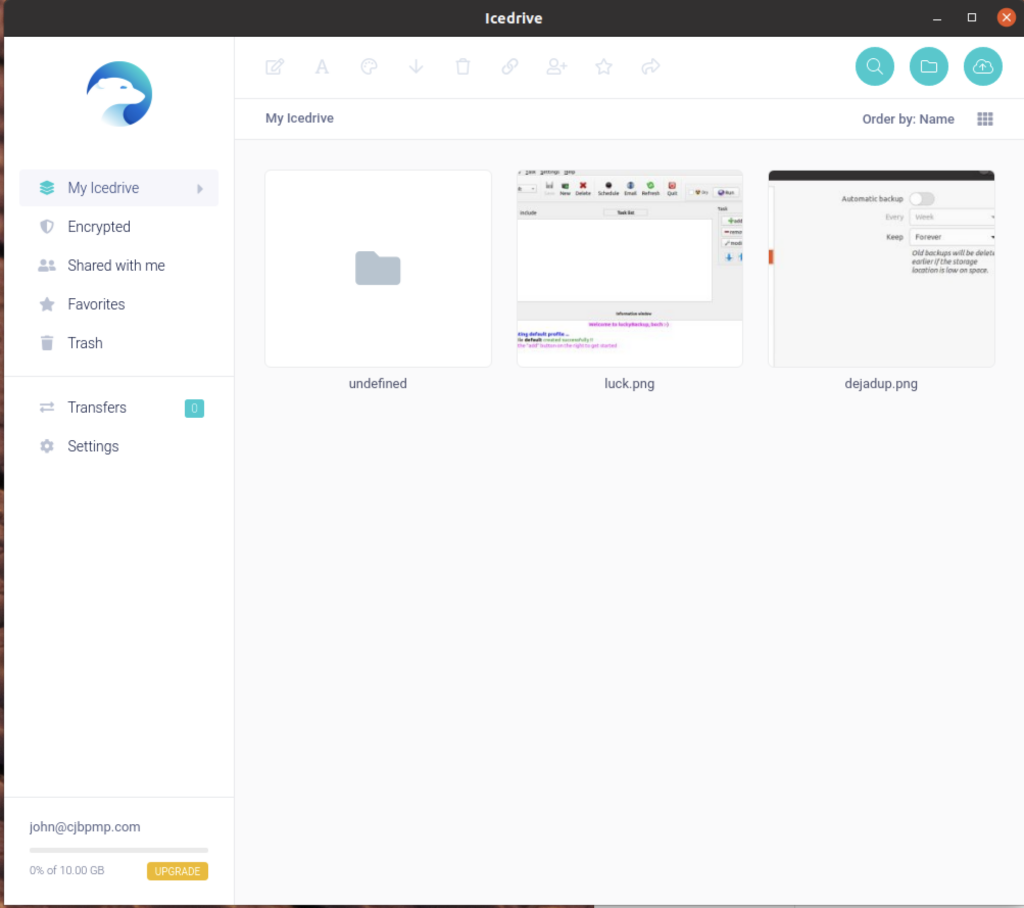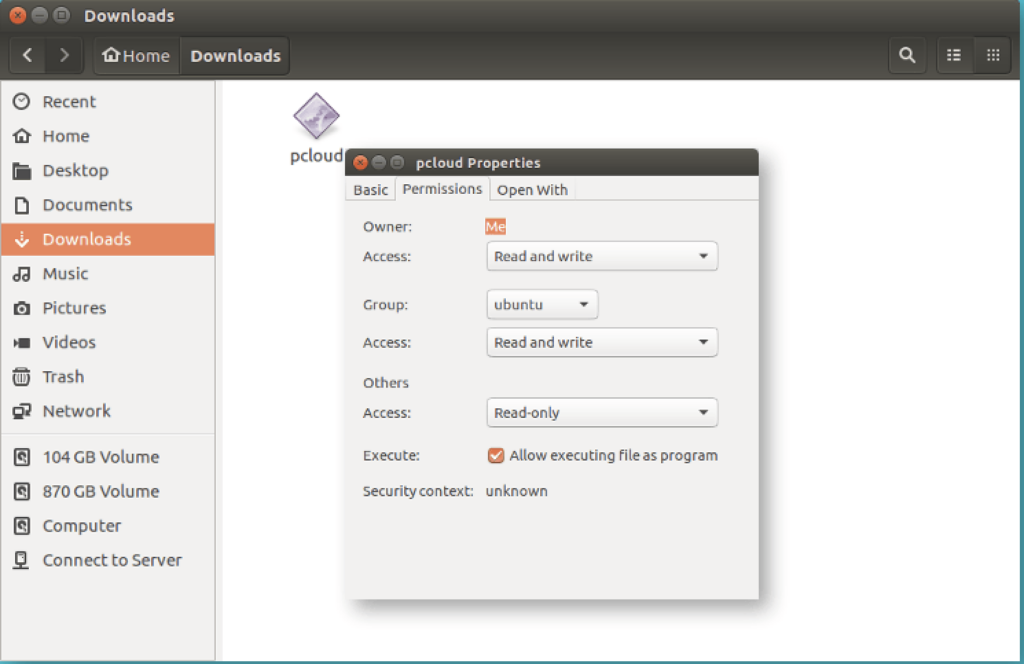I am sure that you suspected it, but it really is true. Google’s AI reads through all of your Gmail (Protonmail anyone?) and your Google Documents with the purported goal of providing you a better experience. They even allow third party developers access to your documents and messages. Now there are ways of purportedly opting out of this, but that does not prevent non-human searching of your uploads. If you look at it, Google makes about 60% of their income from search. They also make money selling information (just like Facebo… er Meta). And we all trust Mark Zuckerberg to keep our information private.
There are other options. I will be honest that Google Docs does provide a nice product, but not when I start writing a book that takes place during a cross country ski race, and then a few days later I start seeing ads for snowshoes, snow boots, ski poles…. and I don’t ski. Anyway, here are my top 10 Google Drive alternatives you should try, especially for Linux.
Criteria for Review
We are looking at free services that provide desktop synchronization with your Linux Desktop (either automatic or manual) or where you can run your own server. So excellent services like Sync.com are not considered if they do not have a desktop client. Similarly, iCloud is technically not “free” since you have to have an Apple device to take full advantage of it.
SFTP as a Fun Option
Many people do not realize it but you can use your personal website as a file server. Most web services provide File Transfer Protocol (FTP) connection. However, you should only use SFTP (Secure FTP). It is much safer. All you need is mount a remote ftp directory and it will appear as local drive. You can use services such as curlftpfs or a third party FTP tool like FTPGrab to manage the synchronization. It works, but it is not really optimized. The whole process would require a separate article, but if you have a little time (it takes less than 30 minutes if all goes well), you are ready to go. You could also host your own SFTP server and access it from anywhere (although you may wish to ensure you have a strong firewall in place).
Self Hosting Options
If you don’t want to work with SFTP, and want to host your own service on your linux server, there are several strong options. Just keep in mind that in order to use this as a cloud service from outside your home network, you will need to open up some ports and route outside traffic to your server. This can invite hackers and other unwanted visitors, so you will need to be careful.
In addition, if you are self hosting, you will generally need a full LAMP system available. So if you have the time to set up Apache, MySQL and PHP, these are great options. They will also take a good deal of time (I needed to upgrade PHP for NextCloud), but Linux is more than your hobby.
So settle down, breathe deep and dive in.
NextCloud
Nextcloud is a free, open source platform is thoroughly engaging and very simple to use. The server can be a little tricky to setup (although there are excellent support documents). The various clients (for all major desktop and mobile OS’s) are excellent.
The best part of NextCloud is that it gives you so many tools if you wish to start your own service. Nextcloud talk is a great service with an interface that rivals What’s App and Signal.jpdOwn
ownCloud
If you are looking to focus on your own personal use, ownCloud is a good option. There is a free commuinity version for a small number of users, but there is no support; but you’re a Linux Guru, you don’t need any support!
I found the installation of the server on Ubuntu a bit tricky but I got it work. The main issue was that I feel managing the backup and storage processes is a bit tricky, and in two tests (out of ten) I did with restoring versioning, it restored an incorrect version. Basically, I just used a Libre Office Writer document and wrote This is Version X and saved it, closed it and opened. I did this over twice over two days (I was the only user), and one time in each test the wrong version was returned. A minor issue, of course, but I thought it own.
Still, the interfaces are really well designed (Kudos to the UI/UX team).
Seafile
Seafile is really an excellent choice, but also the most challenging to install (but worth it). It has amazing features like an easily accessible Audit Log and File Locking.
The mobile tools or outstanding and the forum is very helpful and responsive. I did a test where I was working on the same files in MacOS, Linux and iOS and successfully managed the collaboration (with myself). Realtime Syncing was reliable and fast.
Of all the self hosting options I tried, I though that Seafile provided the best overall experience; just remember that if you will be providing the service for yourself and others, Administration of a cloud server can be (nearly) a full time job. Also, if you ever decide to get more storage, you have to provide the hardware to do it!
Cloud Storage Options- Hosted by Others
Sometimes you just don’t want to bother with hosting things yourself. You want the advantages of a cloud system, but don’t have the time to install and manage the aforementioned options.
There are multiple services that are available and some are very obvious, and others not so much. I am not listing them in any particular order, but will highlight any distinct differences or services.
DropBox
Dropbox is an obvious choice. Despite its popularity, it is good and very secure. The only real disadvantage is the free plan is only 2GB of free storage. Granted, pricing for more is affordable, but not free.
Dropbox is an obvious choice. Despite its popularity, it is good and very secure. The only real disadvantage is the free plan is only 2GB of free storage. Granted, pricing for more is affordable, but not free.
Services Include:
- Link Sharing
- Good Linux Desktop Client with syncing
- Web Interface available
- Version tracking/rollback
- Good Security
- Wide user base that is familiar with (and trusts!)
I cannot emphasize the last point. It is one thing if you are only syncing and using cloud storage for yourself or a small number of close associates. It is quite another thing when dealing in a professional environment or with new clients. There is a certain cachet when dealing with DropBox (or any of the other better known solutions).
I would like to say that Box is a similar option, unfortunately, there is no desktop client. You can connect directly via Nautilus and Box’s WebDAV server, but this provides a solution similar to SFTP. It can be done, but it is not seamless or easy.
OneDrive
Microsoft (aka the Evil Empire) offers a fairly reasonable service with OneDrive. You get an amazing 1TB of space “free” with an MS Office subscription (so it isn’t really free), BUT there is a free 5GB plan. As much as I like to make fun of “Microsoft,” one cloud is a fairly decent service. Despite being a US company, they do seem to respect privacy and the collaboration features are some of the best available.
- Very Pedestrian 5GB of Storage
- No MS supplied Linux Client (but there are many third party tools)
- Web Interface is very good
- Versioning and backups are excellent
As I mentioned above, Microsoft does not provide a Linux client, but there are at least three or four excellent third party tools available that support OneDrive (including the excellent insync).
Cozy
Cozy is a very nice service with a limited amount of free space. It is a French company, so much of its support document and website is not well translated (or translated at all). Fortunately the services are simple enough. I am not a security expert, but it seems as though Cozy makes the biggest effort on managing security and interactions with mobile devices. The Linux app is in AppImage format (which can be problematic, but generally runs well). Even when you go to the paid plans the pricing is reasonable (depending on the Euro Conversion rate). I like the way Cozy helps organize your documents by type, and lets you manage connections to various computer services (if you’re a resident of France). In addition, it can be integrated into French Income tax accounts.
Even if you’re not a French citizen, the interface and flexibility with working on multiple devices makes this a serious consideration.
- 5 GB Storage
- Client apps in Windows, iOS, Android as well as Linux
- Offers MORE than a simple cloud service (which could lead to some confusion)
- French residents get extra connectivity benefits
IceDrive
I like IceDrive a lot, even with some of its limitations. Their interface is really cool (pun most definitely intended), but I found it a bit slow sluggish at first, but after it was running a few minutes, it was fine. One thing to note is that they client does not actually let you access a local synch folder (like many of the others). Thus, if you’re offline (yes, there is a such a thing), you will not be able to access your files.
Now before dismissing this non-local synch, there may be reasons why you don’t want a local copy. You may be running low on space, or you are collaborating with a team where you should not have a local copy (and run the risk of the files getting “out of synch”). Regardless of the reasons, Ice Drive is an option that is seriously worth considering.
MEGA
MEGA provides the most free space (20GB) of any service. The client tool is more like a service that synchronizes your files (like DropBox) as opposed to a full interface for your files. It provides end to end encryption and if you do migrate to a paid account some of the best services.
Features:
- The most free space (20GB)
- End to End Encryption
- Supports 2 Factor Authentication
- File Versioning
Despite these positives there are some drawbacks. Support is limited (although except for occasional (more like infrequent) downtime, there is not much that you would need help with. Collaboration and link sharing is limited and a bit clunky to work with. Although it is free, it is not an open source platform, but that should not be an issue.
The biggest issue with Mega is really its past, which is unfair. Mega started as part of the Kim Dotcom and was often cited for unsavory business practices. Although it is now a completely different company and platform, I have noticed some clients have trepidation working with it. Still, with the 20GB and end to end encryption, it is great choice.
pCloud
If security and peace of mind is critical, you will find nothing better than pCloud. It is a very business friendly secure service. This is not to say it isn’t good for personal use, it is. It is great.
pCloud is based in Switzerland, which means that it must adhere with some of the strongest data security and privacy laws in the world. Also, when you decide to migrate to a paid plan, they offer excellent lifetime plans. Since I am 88, I doubt that this would be a good deal for me, but for someone much younger it is a great deal.
- Average Free Storage (10GB)
- Excellent Privacy Protections
- Very Good Security (although you need to pay extra for top-tier Zero-Knowledge Encryption)
- Easy to install Linux client (and easy to manage!)
I really like pCloud a lot. I like the respect for privacy (something that US companies need to learn), but also the ease of use. I found the sharing options a bit different (although not difficult). Overall, this is a sound choice.
Summary- Which to Choose
I honestly cannot fully recommend what is the best choice for you to use. If you have the time and comfort level, you may decide to build and manage your own solution. The only issue with this is that one reason people choose cloud is expandability and availability of space. If you are hosting your own solution, you are ultimately responsible for expanding the system, which sort of defeats the purpose of starting a cloud solution. Using a hosted service may be what you really want to do.
If you really want to make a big deal of it, you can create a complex decision matrix and identify and weigh the most critical factors for you:
- Storage Space
- Ease of Use
- Collaboration
- Reputation
- Synchronization
- Reliability
Or you can do the fun thing and sign up for the most intriguing services and try them out (that’s what I did). I ultimately settled on pCloud, but that shouldn’t sway your decision. Anyone of these will be a solid choice.

